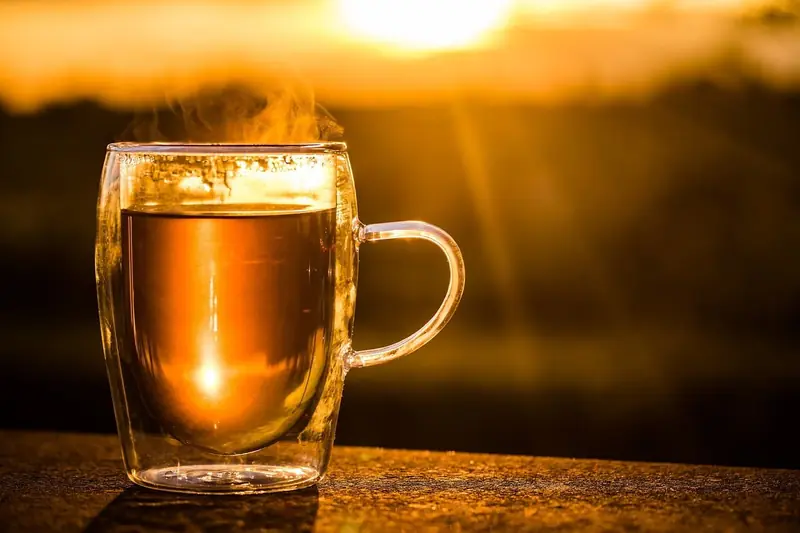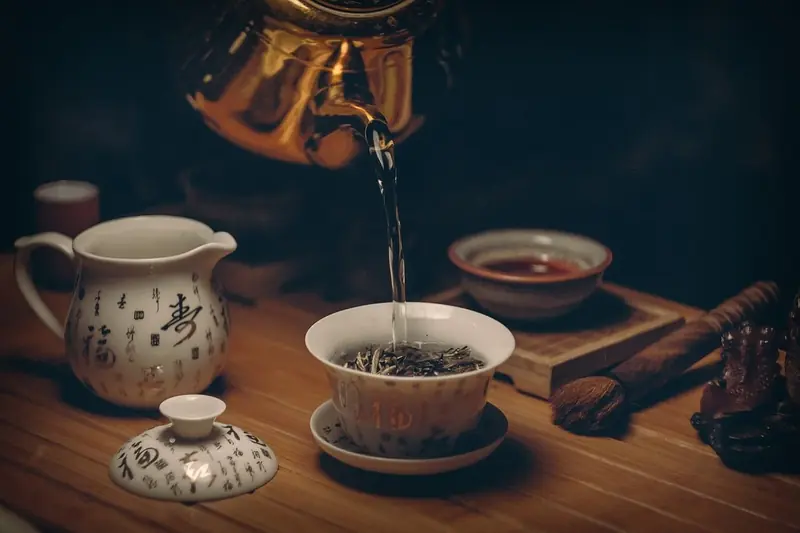
Researchers are once again excited about the anti-aging benefits of tea! A team from Sichuan University in Chengdu, China, conducted a large-scale study to determine the optimal amount of tea that promotes longevity. Scientists believe that the miraculous advantages of tea may be linked to the powerful compounds it contains.
Previously, researchers knew that black tea, for example, is rich in substances that contribute to improved heart, gut, and brain health. Animal studies have repeatedly shown that flavonoids—compounds abundant in tea—positively affect the lifespan of worms, flies, and mice.
What the New Study Revealed
The team analyzed survey results from 5,998 Britons aged 37 to 73, as well as 7,931 Chinese individuals aged 30 to 79. The questions focused on tea consumption habits, including favorite types of tea (green, black, yellow, oolong, etc.) and the number of cups consumed daily.
Researchers then compared the aging markers of participants, including blood pressure, cholesterol levels, and body fat percentage, to calculate their biological age.
According to the scientists’ observations, tea lovers exhibited patterns indicating a slowdown in biological aging. They also reported experiencing symptoms of insomnia and anxiety less frequently, as noted by the Daily Mail. A significant portion of these participants were men who maintained a healthy diet and, interestingly, consumed alcohol.

In their report, the scientists stated that a daily intake of six to eight grams of tea leaves—equivalent to about three average cups of tea—is sufficient to achieve anti-aging effects.
The researchers also added that “moderate tea consumption demonstrated the strongest anti-aging effects among regular tea drinkers.” Conversely, those who stopped drinking tea experienced accelerated biological aging.
The Anti-Aging Effect is Independent of Tea Type
According to the scientists, the secret behind tea’s enchanting effects lies in polyphenols—bioactive compounds that modulate gut microbiota, which in turn may influence the regulation of age-related changes in immunity, metabolism, and cognitive functions.
The team noted that the anti-aging effect of tea is not dependent on its type. It was found to be identical for both black tea enthusiasts in the UK and green tea lovers in China.
It also didn’t matter whether participants preferred their tea hot or waited for it to cool down.
The findings of the study were published in The Lancet Regional Health – Western Pacific.
By the way, residents of the United Kingdom consume 100 million cups of tea daily. However, this figure is gradually declining amid a rising demand for coffee in recent years.
